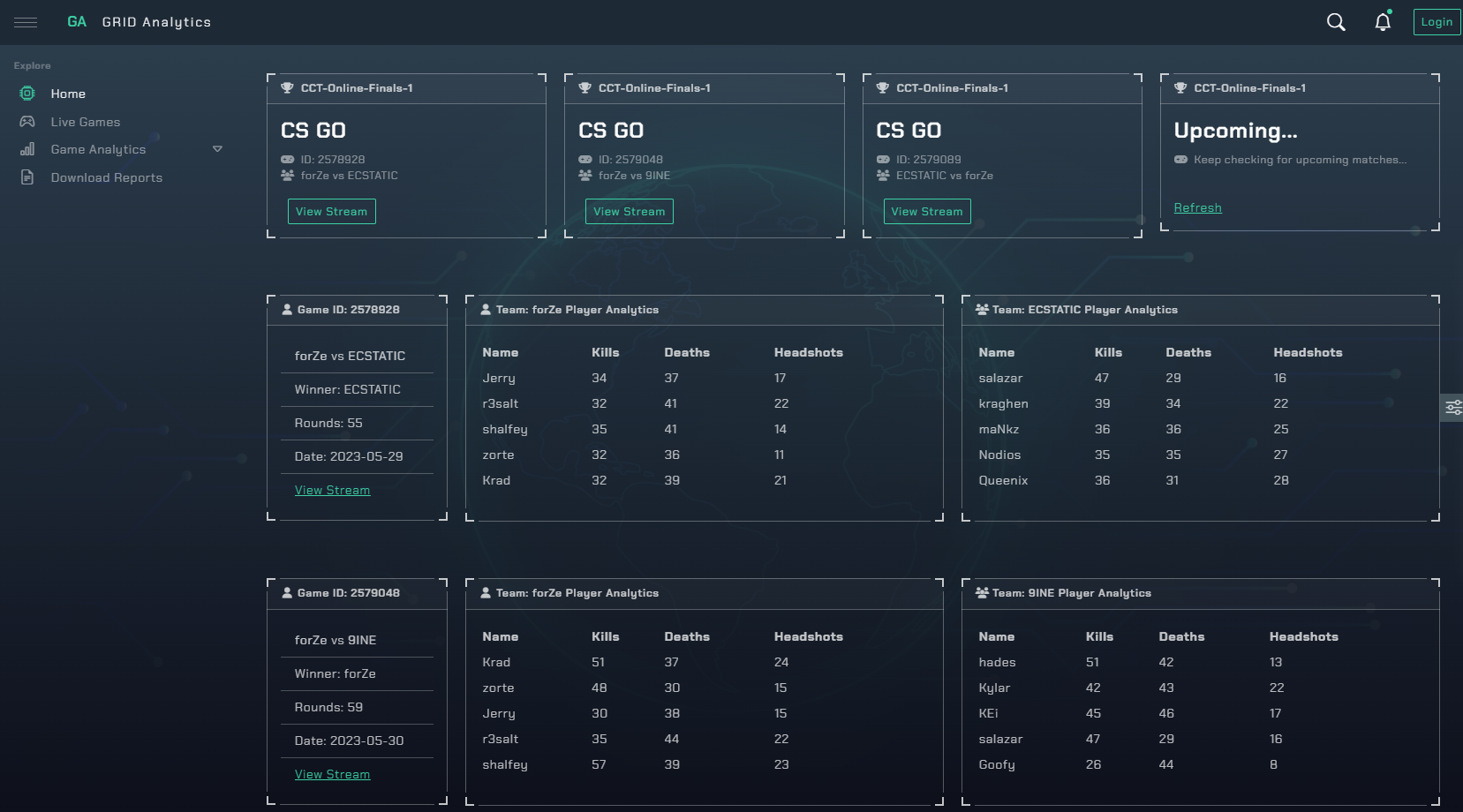The Data-Driven Revolution in Competitive Gaming
The landscape of competitive gaming, more commonly known as eSports, has seen a massive transformation in recent years, largely attributed to the advent and integration of data analytics. This transformative process has not only redefined player training and performance but has also significantly impacted audience engagement, strategic decision-making, and overall industry growth.
Player Performance Metrics
At the forefront of eSports analytics is the quest to optimize player performance. Parameters such as reaction times, strategic decision-making, and game-specific metrics are meticulously analyzed. For instance, heatmaps and positional data are used to gain insights that drive strategic gameplay adjustments, contributing to superior team performance.
Audience Engagement Statistics
With the global audience for eSports burgeoning, understanding and catering to viewer preferences has become crucial. Data analytics tools and social listening platforms aid organizations in capturing audience demographics and behavior, allowing for content optimization that resonates with fans, thereby bolstering engagement.
Strategic Decision-Making
Analytics have redefined strategy within eSports, from player drafts to recruitment. Proprietary scouting platforms leverage machine learning to analyze player data, facilitating the creation of strong teams capable of competing at the highest levels.
Publishers and Team Owners: Maximizing Experience and Performance
eSports publishers and team owners utilize analytics to enhance player experiences and team performance. By examining in-game data and tracking industry trends, they make informed decisions that not only advance gameplay but also ensure the sustainability and growth of their teams and the sport at large.
The Future of eSports Analytics
The potential for growth in eSports analytics is vast, with AI, machine learning, and predictive analytics paving the way for even more sophisticated data-driven strategies. The insights derived from these technologies promise to foster personalized experiences, immersive storytelling, and an even deeper connection with the audience.
In conclusion, data is the new gold standard in competitive gaming. Teams that harness the power of eSports analytics gain a significant advantage, driving innovation and shaping the future of the sport. As the industry evolves, the significance of data analytics in developing competitive strategies and enhancing viewer experiences will undoubtedly continue to escalate.



